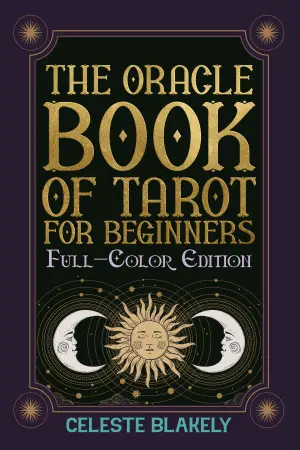Embracing the Uncomfortable: A Reflection on Uncomfortable Conversations With a Black Man
When a friend recommended Uncomfortable Conversations With a Black Man by Emmanuel Acho, I felt a mix of intrigue and apprehension. After all, confronting racism isn’t exactly a walk in the park, right? But Acho’s words—“For all of you who lack an honest black friend in your life, consider me that friend”—immediately set a welcoming tone, inviting readers like me to engage in a dialogue that is long overdue.
This book isn’t just another entry in the ever-growing library of race-related literature; it positions itself as a gentle guide, perfect for those of us who find these conversations daunting. Acho engages us with genuine openness, taking questions many white readers might hesitate to ask aloud. Whether it’s about terminology, implicit bias, or the complexity of privilege, Acho’s wonderous ability to unpack heavy topics without judgment is akin to having a heartfelt conversation over coffee with a good friend.
The key themes in this book revolve around three types of racism: individual, systemic, and internalized. As Acho navigates these waters, he tackles tough questions: “How can I be an ally?” and “Can we end racism in America?” While these questions may seem overwhelming, Acho ensures they are not only accessible but relatable. His responses are grounded in personal anecdotes and current events, making them resonate on a deeply human level. For instance, he poignantly highlights the different police responses at Black Lives Matter protests compared to those at predominantly white rallies, a stark reminder of systemic injustice that demands our attention.
Acho’s writing style stands out for its warmth and relatability. He adeptly balances the serious nature of the subject matter with a conversational tone that feels almost disarming. This is crucial because, let’s face it, discussions about race can lead to defensiveness or discomfort. Yet, he manages to hold your hand through the process, inviting you to truly reflect rather than merely react. Personally, while I tend to gravitate towards a more direct approach, I appreciated Acho’s more patient perspective. It’s clear he understands that many readers may be encountering these concepts for the first time, and his gentle approach feels like a welcomed nudge rather than a shove.
One line that struck me deeply was, “You don’t even have to know you’re racist for the damage to be done.” This profound statement underscores the importance of self-awareness in the fight against racism. It serves as a wake-up call, urging us to recognize and confront our biases, even if we’re oblivious to them. It’s a reminder of the responsibility we carry as individuals to educate ourselves and initiate change.
I would wholeheartedly recommend Uncomfortable Conversations With a Black Man to anyone seeking to engage with racial issues responsibly and empathetically. Whether you’re just beginning your journey of understanding or looking to refresh your knowledge, this book serves as an essential companion. It’s not just about reading; it’s about fostering consciousness and sparking change within ourselves and our communities.
As I closed the book, I felt a mix of gratitude and urgency—a call to action to do the work required to dismantle racism, both within myself and in the systems around me. Reading Acho’s heartfelt words was not just an exercise in understanding; it was a stepping stone toward meaningful conversations and thoughtful change. If you’re willing to join this uncomfortable yet necessary conversation, I encourage you to pull up a chair and dive in.
Discover more about Uncomfortable Conversations With a Black Man on GoodReads >>






